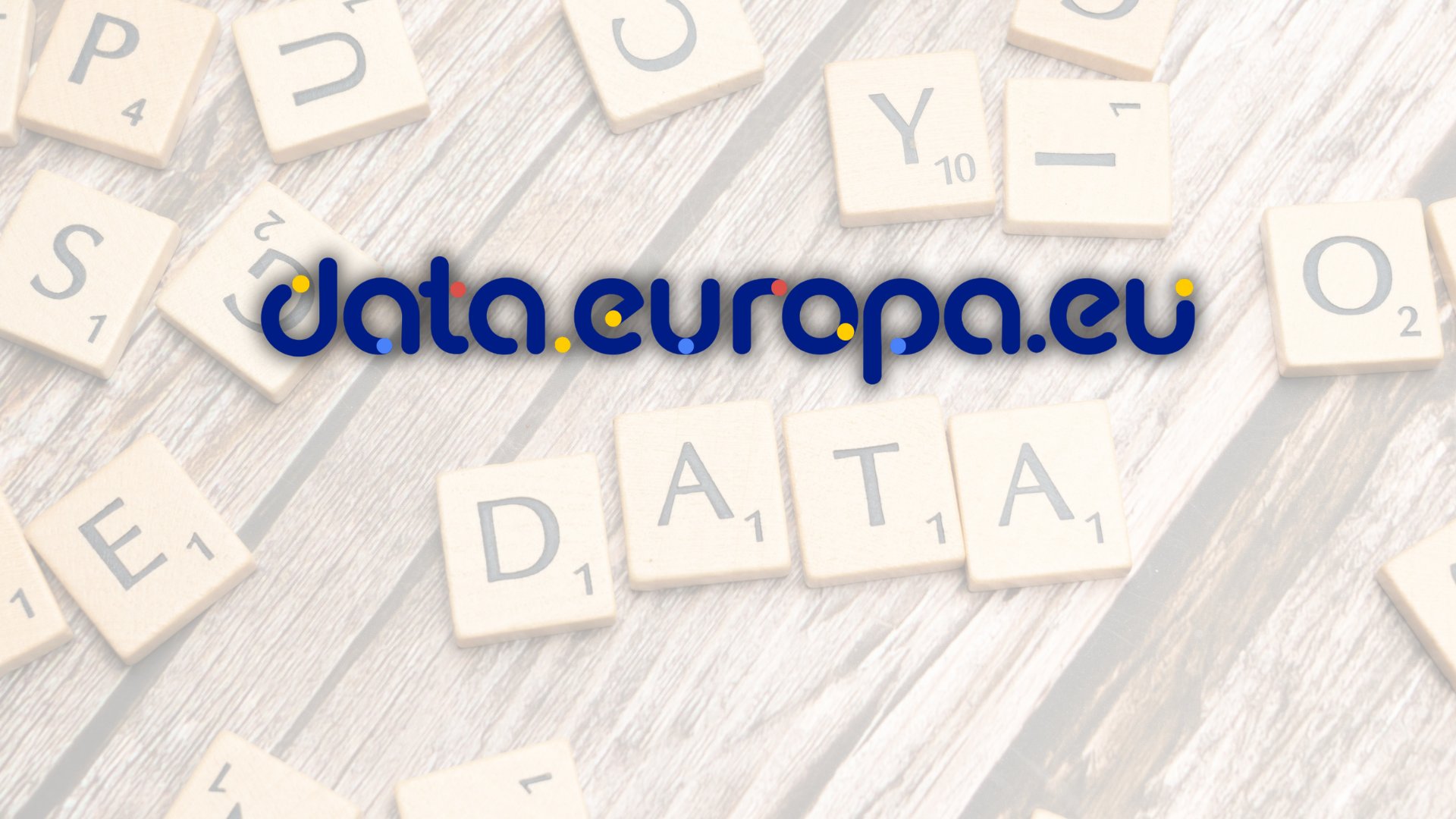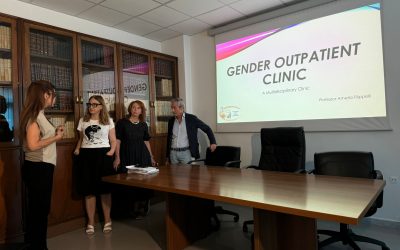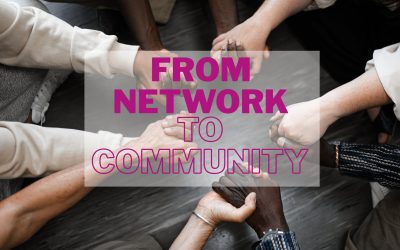When people talk about open data, they often imagine complex tables, charts and numbers that are difficult to understand. In reality, open data is simply information made available to everyone without restrictions, such as population statistics, environmental maps, public transport data and economic indicators. In short, it is a treasure of knowledge that can be used for study, innovation and better decision-making. At the European level, the main reference point for all this is data.europa.eu, the European Union’s official open data portal.
What is Data.europa?
Imagine a digital bookshelf containing millions of datasets from European institutions, national governments, local authorities, and research projects. That’s Data.europa: Europe’s great digital library of open data.
Its goal is simple yet ambitious: to bring order to the vast amount of data scattered across hundreds of different websites and make it easily accessible to all. This means that people searching for data don’t have to browse multiple portals but can find everything in one place. At the same time, data publishers can be sure that their work will be valued and shared across Europe, rather than remaining invisible.
What does it mean to be “harvested”?
Here is a slightly technical but important term: harvesting. In English, it means “gathering,” and in this context it refers to the fact that Data.europa periodically collects datasets that have already been published on national or thematic portals.
In practice, when a portal or project is “harvested”, its datasets are not kept locked away; rather, they become part of the European catalogue. Along with them, the metadata (data descriptions) are harmonised according to common standards. This makes the data visible and searchable by anyone, anywhere in Europe.
It’s a bit like a small neighbourhood shop that suddenly starts appearing on a large online marketplace: the products (or, in this case, the data) reach a much wider audience.
Why is it important?
Being harvested by Data.europa enables you to build connections and gain visibility. For a European project, this means raising awareness of its results, promoting the reuse of data in different contexts and contributing to a shared resource that fosters collaboration and transparency across Europe.
Harvesting is not just a technical process; it’s a way to amplify the voice and value of existing data, making it accessible to all.



